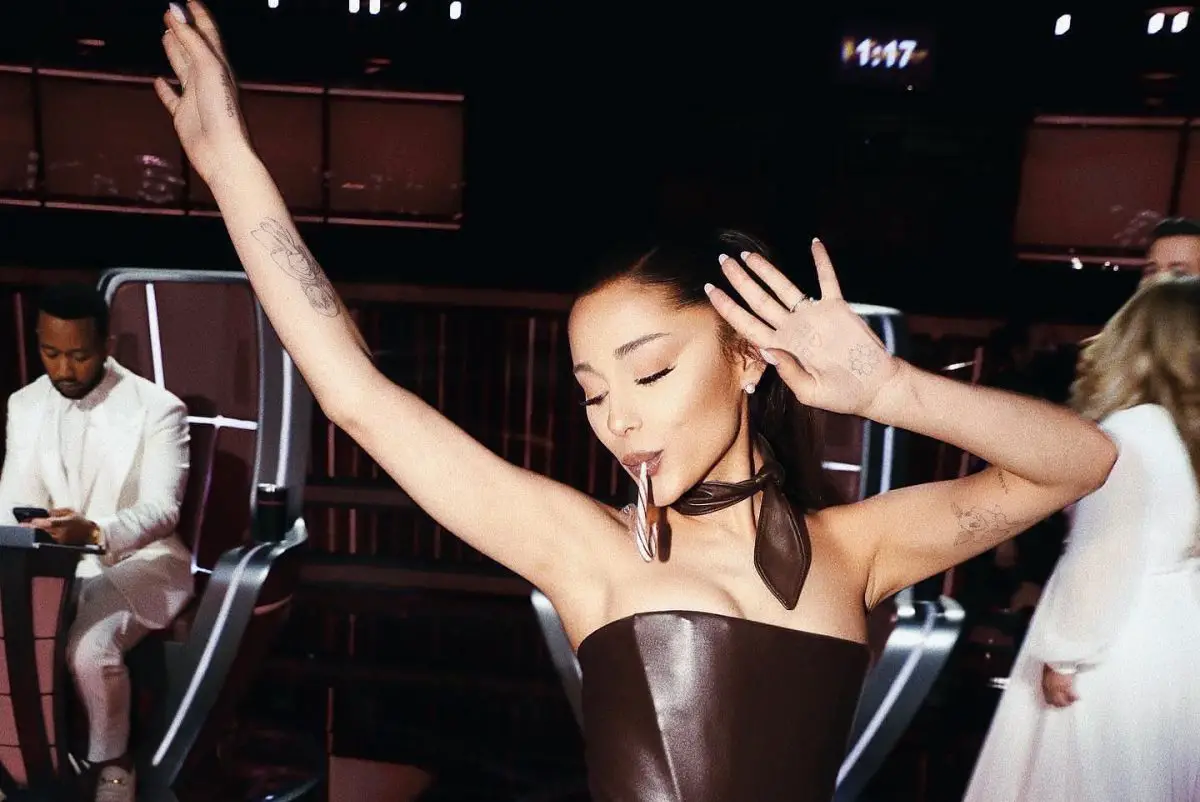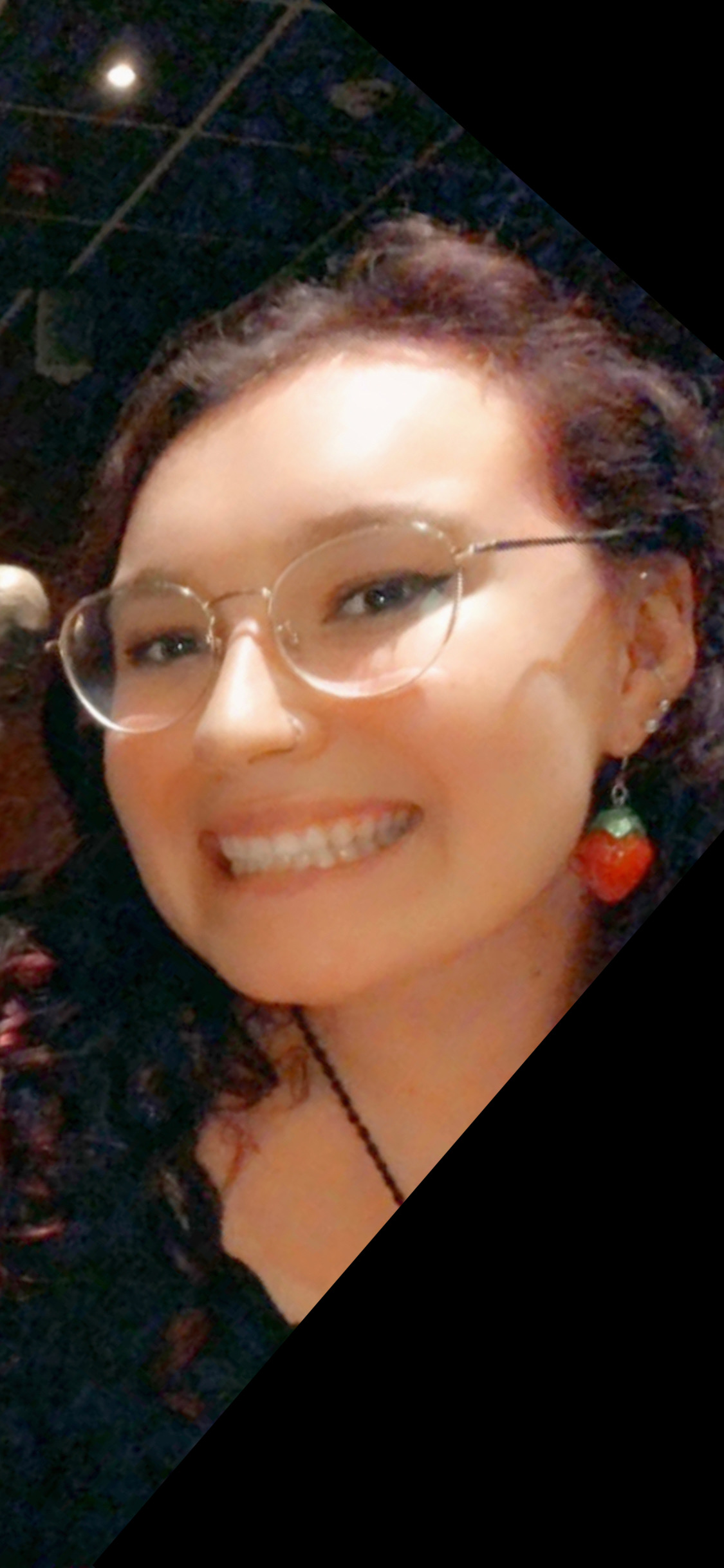Asian-fishing, the act of using makeup, apparel, hairstyles or even stereotypes to appear Asian, is a problem that has been brought to light in recent years. Several celebrities have been accused of Asian-fishing due to their use of certain makeup trends and even surgeries to seemingly achieve an Asian appearance. While some people may see no harm in changing their appearance and appropriating Asian culture, this practice is highly problematic because Asian people, particularly women, face bigotry and harassment for the appearances that non-Asian people are trying to imitate. Asian-fishing goes much deeper than simply following a few makeup trends; it exposes a history of discrimination and hatred and this issue should not be overlooked.
Throughout history, Asians have faced marginalization in the West. Some argue that the racism against Asians, which often targets their different physical features and ways of dress, is long gone; however, this is far from the truth, evident from the rise of Asian hate during the COVID-19 pandemic and the continuing fetishization of Asian women. The appropriation of East Asian fashion trends is nothing new in Western culture, and even today, individuals opt to fetishize and mock rather than appreciate Asian culture.
Asian-fishing is problematic because it promotes harmful, racist stereotypes about Asian people, particularly Asian women, and boils down multiple cultures into one monolithic, degrading style. For example, Western media often characterizes Asian women as the submissive, “kawaii” stereotype. Kawaii, or “cute” in Japanese, has been used to describe anything in pop culture that appears cute, including people. The term is also used to describe people who are shy, child-like or vulnerable, and in the West, the stereotype has been sexualized, particularly on porn sites such as Pornhub and OnlyFans.
On these sites, white women will often use makeup and filters to appear East Asian, as well as perpetuate the childlike “kawaii” stereotype with their costumes, such as sexualized school uniforms. For something that’s supposed to represent the cute aspects of pop culture trends, the word is seemingly transforming into a sexualized expression in Western media.
Besides the sexualization of Asian women, several makeup trends have surfaced in which white influencers attempt to achieve a more Asian appearance by evoking the epicanthal folds often found in people of Asian descent — seen especially in the “fox-eye” trend. The trend uses eyeliner, concealer, false lashes and sometimes tape to create the impression of an eye that looks more “almond-shaped.” Many have debated whether the specific trend constitutes Asian-fishing (and more generally, racism), or if it’s simply a cute animal trend.
Many Asian creators and commenters, however, have called out the trend as harmful and offensive, something treating Asian features as a beauty trend. Asian American makeup artist Marc Reagan has described the trend as cultural appropriation, not appreciation: “Take a moment to think about your actions and exercise your awareness of how your actions may be perceived” — particularly when Asian Americans are facing discrimination that is amplified by the pandemic. Despite the trend’s popularity, people should listen to Asian voices and realize that this trend is harmful and problematic — regardless of the participation of celebrities.
Some celebrities have been criticized for participating in such trends, including Gigi Hadid. Hadid has been seen on numerous occasions sporting the fox liner look. One of Hadid’s makeup artists, Erin Parsons, made an Instagram tutorial for the look, describing it as “a major elongated eye” look. She begins by wearing face tape to hold back her eyes. Although it may seem like a harmless makeup tutorial, it reinforces the idea that Asians are trends and not people.
Hadid and her sister have been known to follow harmful fashion trends that appropriate the features of other races. In 2017, Hadid came under fire after she appeared in a viral video in which she squinted her eyes next to a Buddha cookie. Hadid then apologized on Weibo, which is only accessible in China, in both English and Mandarin. However, many were upset that the apology was done on such a small scale on a Chinese-only website rather than on her main social media accounts. Despite the bare minimum apology, Hadid continued to appropriate East-Asian culture through her makeup as if it never happened.
Ariana Grande has been accused of both Black-fishing and Asian-fishing due to her ambiguous racial appearance. Similar to Asian-fishing, Blackfishing also involves changing one’s appearance to appropriate another culture, in this case, that of Black people. Grande has been accused of darkening her skin and adopting a “blaccent,” as well as appropriating other elements of Black culture. Recently, she started to appear in public with a paler complexion and eyes made to evoke the epicanthal folds often associated with Asian people; Grande has even been accused of getting surgery to achieve a monolid look. She has not addressed these rumors.
Grande also has a Japanese tattoo on her palm that is supposed to read “7 rings” but instead reads “barbeque grill.” This is a classic case of appropriating Asian culture: opting for aesthetics instead of actually learning, understanding and appreciating Asian culture.
A fellow Asian-fishing celebrity, Oli London, tweeted, “Ariana clearly wants to be Asian, I’m so happy for her for COMING OUT and living her best life. Asian World Domination! The TRANSRACIAL movement grows each day.” There’s no doubt that Grande’s actions are questionable and although she’s apologized for some, she has not apologized for all.
Oli London themselves takes the cake for Asian-fishing. London is a controversial British internet personality who has gained attention due to their “transracial” identity. Despite being of British descent, London self-identifies as Korean. Beginning in 2013, London started to become fond of BTS member Jimin, and since then, has undergone multiple plastic surgeries to appear Korean. They have spent over $200,000 and have had over 20 surgeries. London has only gotten worse throughout the years and won’t stop anytime soon.
The normalization of Asian-fishing in the Western world needs to be stopped. Other cultures are beautiful and should be appreciated, but that’s it. It should not be taken from them or fetishized. Asians still face tremendous hate for the features now trending in the white community. It’s important to acknowledge the cultures behind these trends and to think before partaking in them, regardless of celebrity involvement. Listen to Asian voices before participating. It’s time to end the fetishization of East Asian features.

















